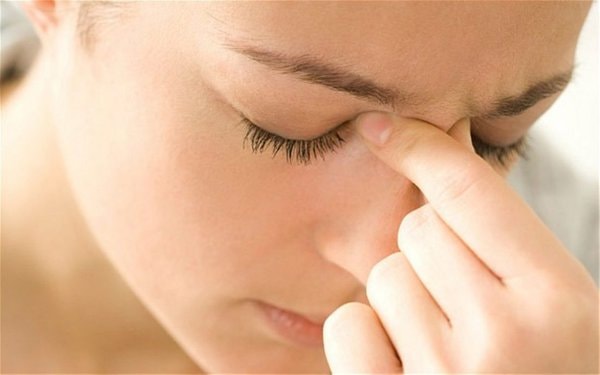5 Reasons Related to Sleep Fatigue You Need to Know
Choosing high pillows, rooms with lots of light, lying on the table… can affect sleep quality, easily causing dizziness and headaches.
Getting enough sleep at night and taking a short nap at noon helps the body feel refreshed and the mind clear. However, some people wake up feeling dizzy and tired, which may be due to the following reasons.
Inappropriate pillow height
According to health experts on the siteYourhealth, the height of the pillow affects the quality of sleep. If the pillow is too high, it will cause discomfort and is not good for the cervical spine. A pillow that is too low will cause a lot of blood to rush to the brain, leading to dizziness, headaches... Choosing a suitable pillow 8-15 cm high, 30 cm wide, 60 cm long will help you sleep well and reduce the risk of dizziness when waking up.
 |
| You may feel dizzy and have a headache if the room is too bright or the pillow height is not suitable. Photo: Shutterstock |
The room is too bright
Melatonin (a hormone secreted by the pineal gland in the brain, which regulates sleep cycles) is inversely proportional to light. BDarkness causes melatonin to be secreted more, creating a feeling of good sleep.Light at night, light from the television can suppress melatonin production.Some sensitive people even toss and turn when the room is bright.MOffice environments are often too bright, too cold or lack oxygen, which is not an ideal place for office workers to sleep.
Using phone, computer
The habit of using phones and tablets a lot before bedtime is not good for the brain and eyesight. The waves and electromagnetic radiation from phones affect the secretion of melanin, making it difficult for you to fall asleep. Therefore, you should limit the use of electronic devices when going to bed and turn them off at night.
Inappropriate sleep time
Sleeping less than 8 hours a night can make you tired and unfocused the next day. If this condition persists, it will affect your health. Inappropriate sleep time also causes some people to have headaches after noon.Naps should usually only be about 20-30 minutes.
If it lasts for 80-100 minutes, the body enters a deep sleep state, the amount of blood to the brain decreases, and the metabolism slows down. You will feel dizzy and have a headache when you wake up at this time.
Sleep sitting in place, leaning over the table
Some office workers take advantage of the afternoon nap by sitting in one place, leaning on the table. This position reduces blood flow to the brain, causing dizziness, tinnitus, tired legs, etc. Blood flow to the organs also decreases because the stomach and intestines have to concentrate on digesting lunch. Even if the nap is short, you should lie down to rest.

